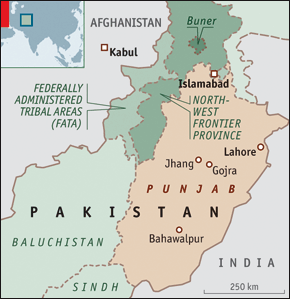Turkey steps into the breach left by our lack of strategic imagination
 Friday, June 18, 2010 at 12:06AM
Friday, June 18, 2010 at 12:06AM  World Bulletin piece via Our Man in Kabul.
World Bulletin piece via Our Man in Kabul.
Turkish Foreign Minister Ahmet Davutoglu said Monday the tripartite mechanism between Turkey, Afghanistan and Pakistan would make efforts to hold the Istanbul Forum meeting, one that involves businesspeople of the three countries, in Kabul, Afghanistan.
Davutoglu held a tripartite meeting with Afghan Foreign Minister Zalmay Rassoul and Pakistani Foreign Minister Shah Mehmood Qureshi at Ciragan Palace in Istanbul as part of the Third Summit of Heads of State and Government of the Conference on Interaction and Confidence-building Measures in Asia (CICA).
Speaking at a press conference following the tripartite meeting, Davutoglu said that they wanted to contribute to the "normalization process" in Afghanistan by showing that Kabul was not a city in which only security meetings took place but also a city in which economic meetings could take place.
Turkey will indeed try our patience in its regional ambitions, but there is far more positive force than negative friction created by this push, so I say, bring it on in spades!
Regional powers stepping in to let Afghanistan know it's not on its own once NATO leaves is a very good thing. The more those signals are sent, especially from nations with established reputations of defending their regional interests vigorously, the faster we move the Taliban to a sense of inevitability--as in, the world is coming and it's never leaving, so get used to it.




















